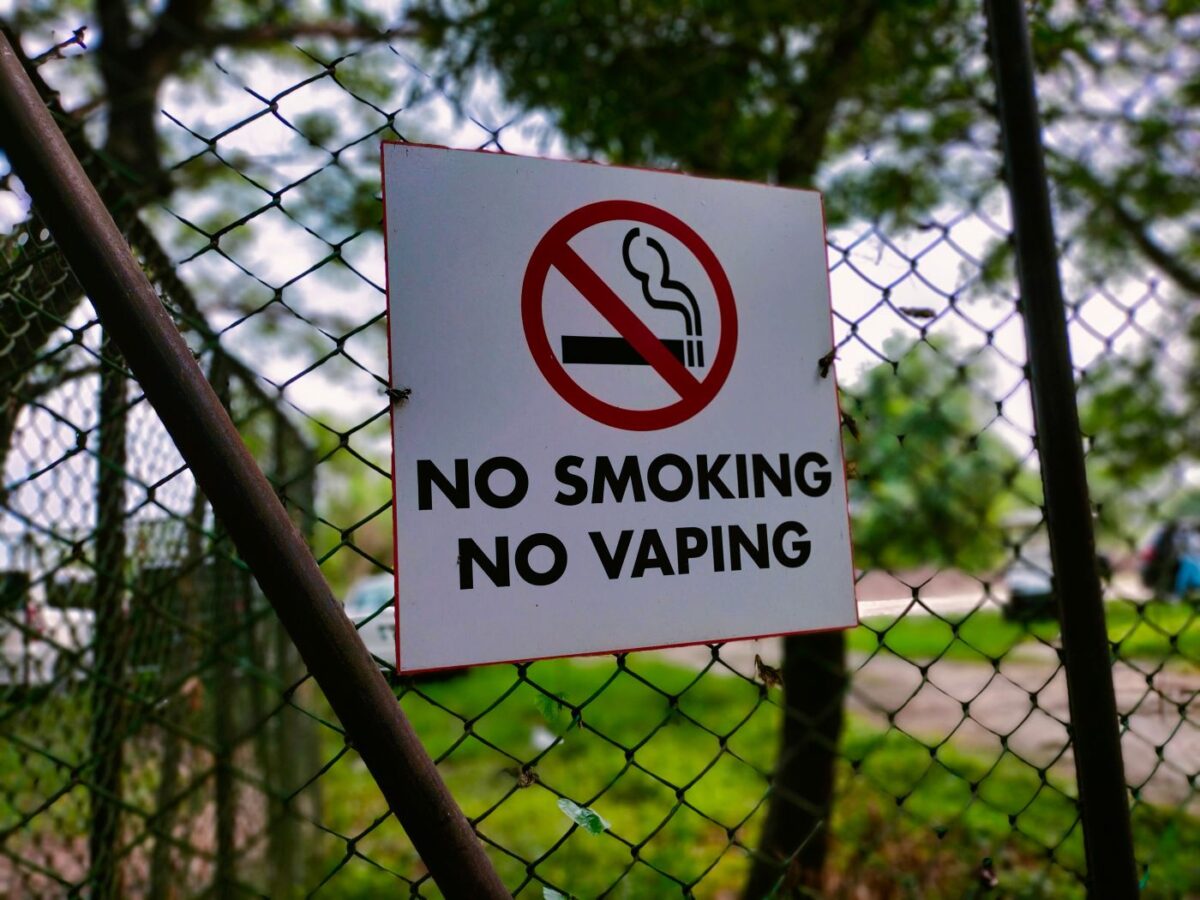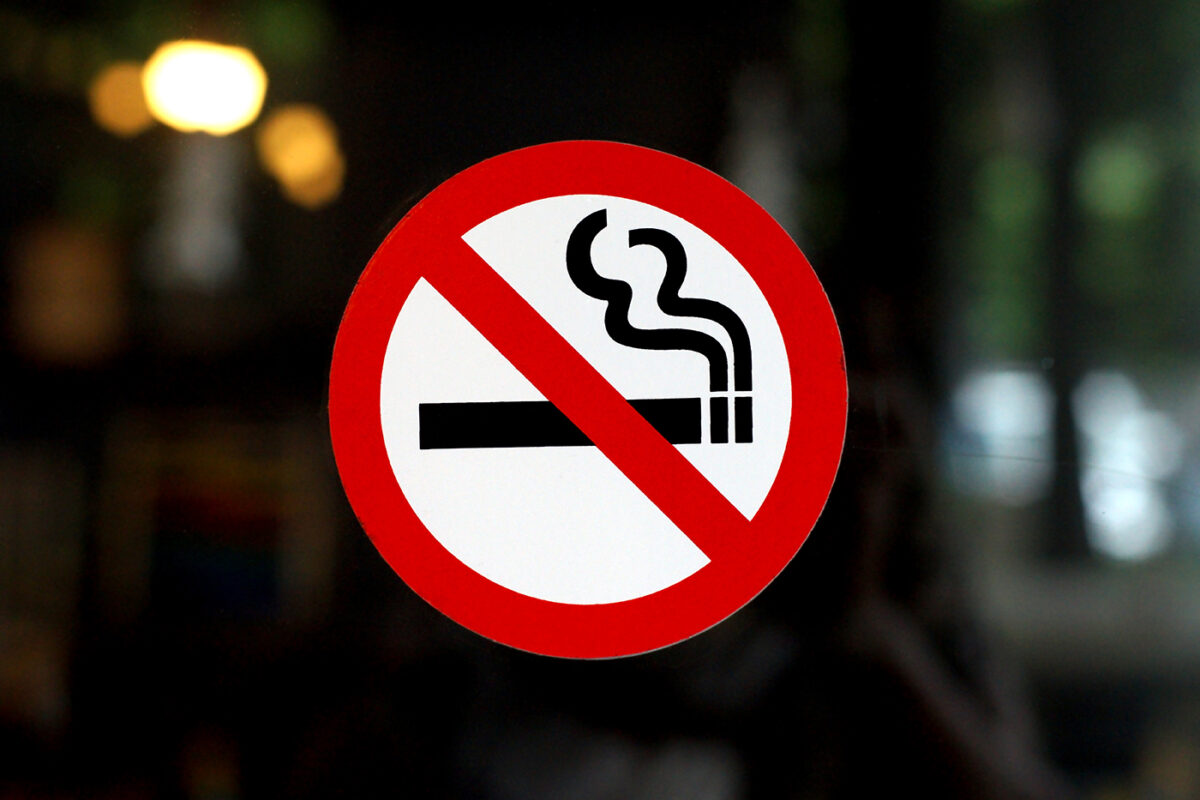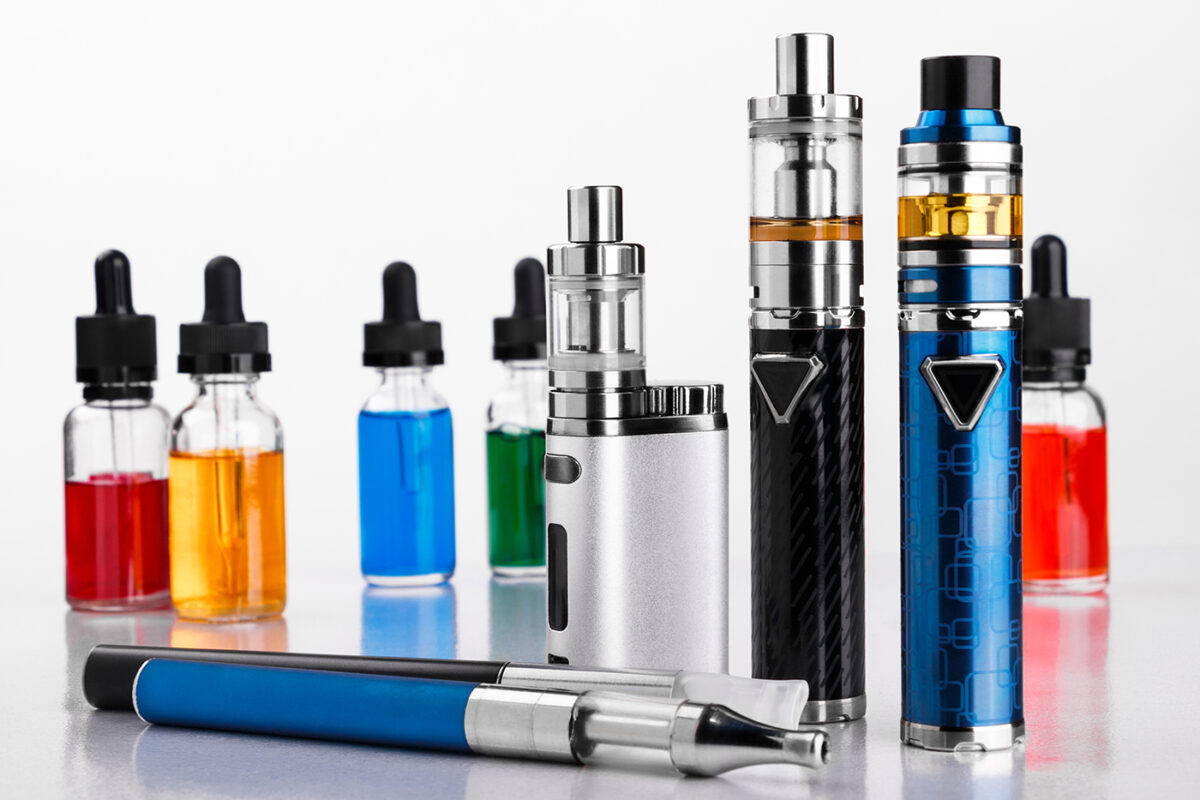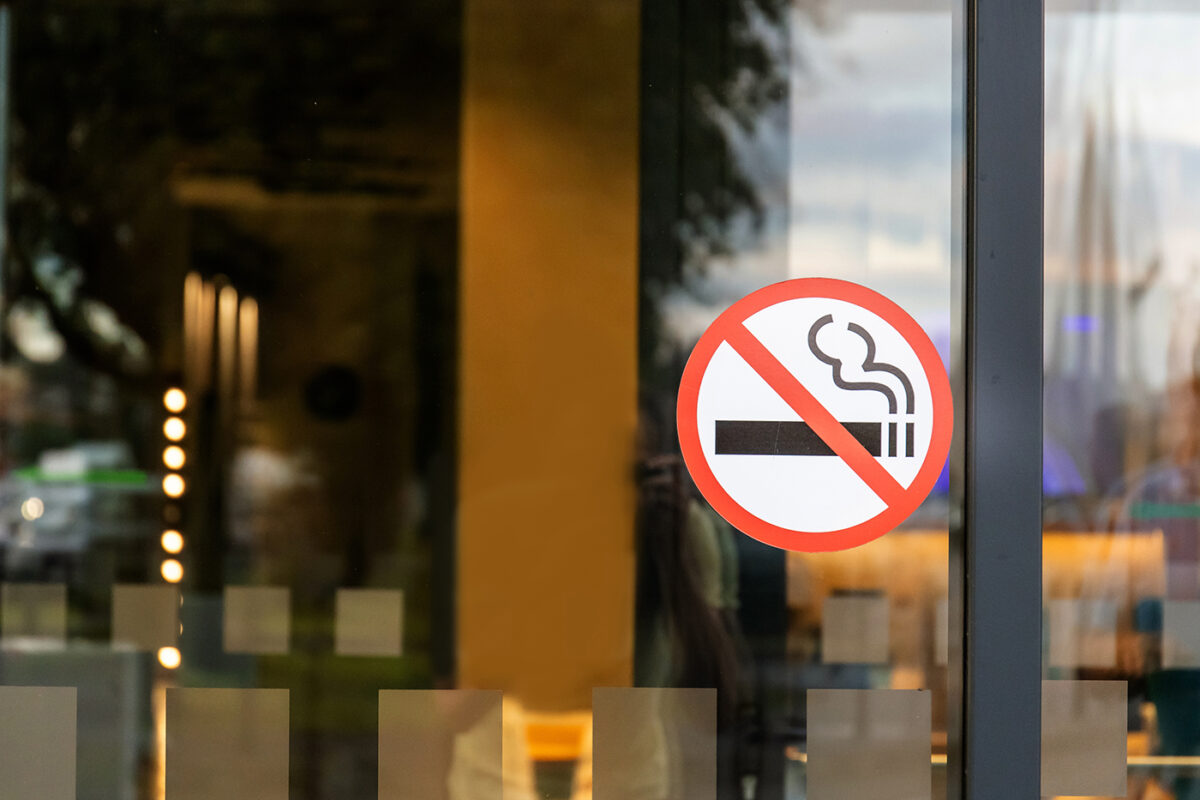In yet another instance of technology outpacing health policy, vaping devices are now being marketed to inhale vitamins, caffeine, essential oils, and many other ingredients.
Companies such as Breathe B12 and HealthVape are marketing their products not only as nicotine-free vaping alternatives but also as a more effective way of delivering vitamin supplements. The companies unabashedly claim that inhalation of vitamins using their products delivers maximum absorption of the supplements, supposedly a superior method compared to oral ingestion and comparable to injection, with scant evidence to support their claims. They point to studies from the 1950s and ‘60s regarding the efficacy of B12 inhalation (through a mist rather than vaping, as vape devices did not exist at the time), studies about the benefits of B12 generally, and their own “internal research” confirming the efficacy.
The devices are touted as a “convenient,” “pain-free,” “vegan-friendly,” and “less costly” way to deliver vitamin supplements. HealthVape assures consumers that its products contain no harmful ingredients, including vitamin E acetate, the ingredient that has recently been associated with vape-related illnesses investigated by the Centers for Disease Control and Prevention and state health departments. Despite these reassurances, these companies do not have adequate data to conclude that vaping these ingredients are safe in either the short term or the long term.
A disclaimer on the Breathe B12 website states that the product “is not intended to diagnose, treat, cure, or prevent any disease.” This disclaimer is similar to the approach that makers of dietary supplements use to avoid liability for unsupported health claims.
One thing is certain: As vaping technology continues to evolve, policymakers, providers, and health advocates will need to remain attentive and nimble to respond with appropriate policies that protect consumers from potentially harmful products, including regulations that prohibit e-cigarette companies from making false and misleading health claims in advertising for their products.
Read more on this topic in an article published online by the American Journal of Public Health.
Read more about vaping on the Vaping Insights & Updates page on our website.







